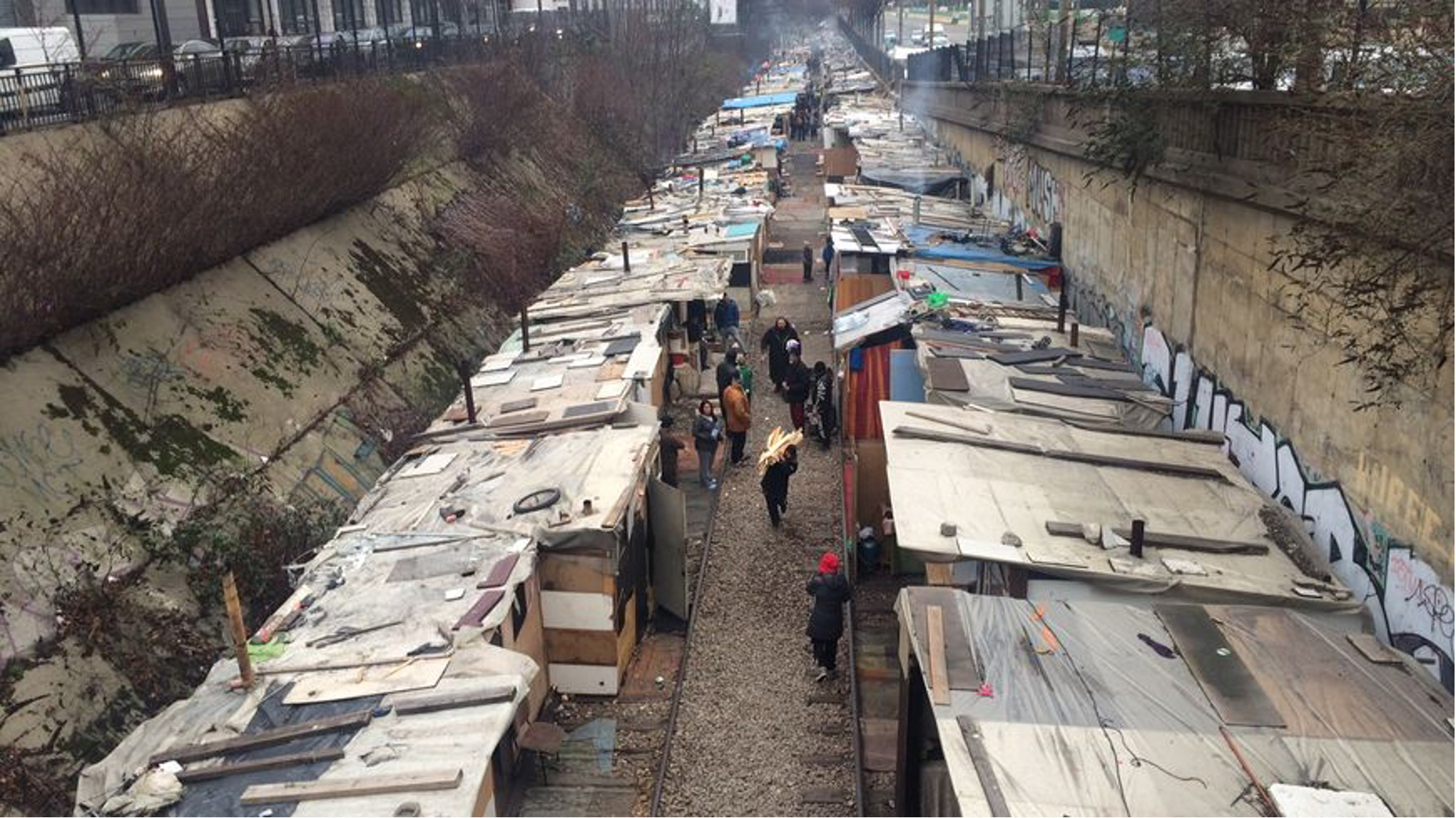Back to all modules
Work, Slums, Housing and the Architecture of the Modern City: Challenges and Alternatives to House the Poor in the Developing World

The series of lectures offers a didactic divulgation of the findings of a decennial research performed by the author in the informal settlements of Brazil (favelas), aimed at investigating the spatial genesis of the social needs of the underprivileged people living in informal settlements (Cavalcanti, 2017; Cavalcanti 2018b).
The research has discovered that the working activities of the residents are the primary shapers of space in informal settlements (Cavalcanti, 2017, 2018a; 2018b) and intends to disseminate this finding and its implications to students of architecture, academics and practitioners dealing with informal settlements. In informal settlements, labour shapes, plans and governs spaces inside houses, where phases of production, commercialization of products and advertisement of activities take place (Cavalcanti, 2017; Cavalcanti, 2018b; 121-155). The layout of self-constructed alleys of the favelas are also shaped to allow the logistics and practicalities of working practices of residents or may serve to host activities of commerce and services, such as bars, grocery shops and repair services (Cavalcanti, 2018b; 121-155). Working activities in the fabric of favela...
Loading Accordion Items...


